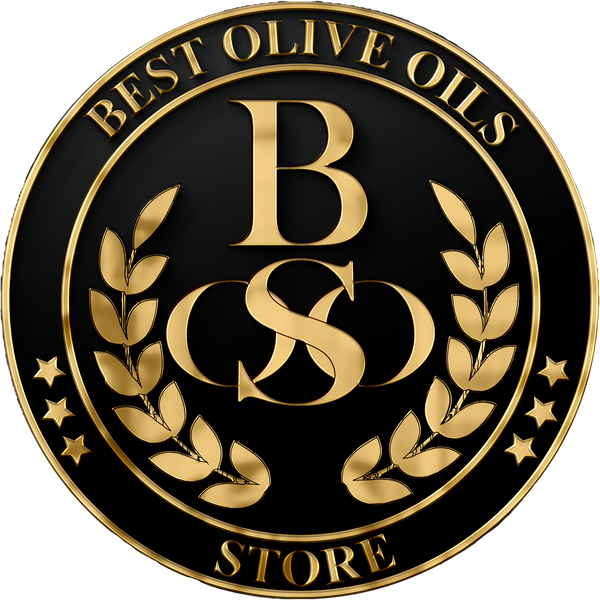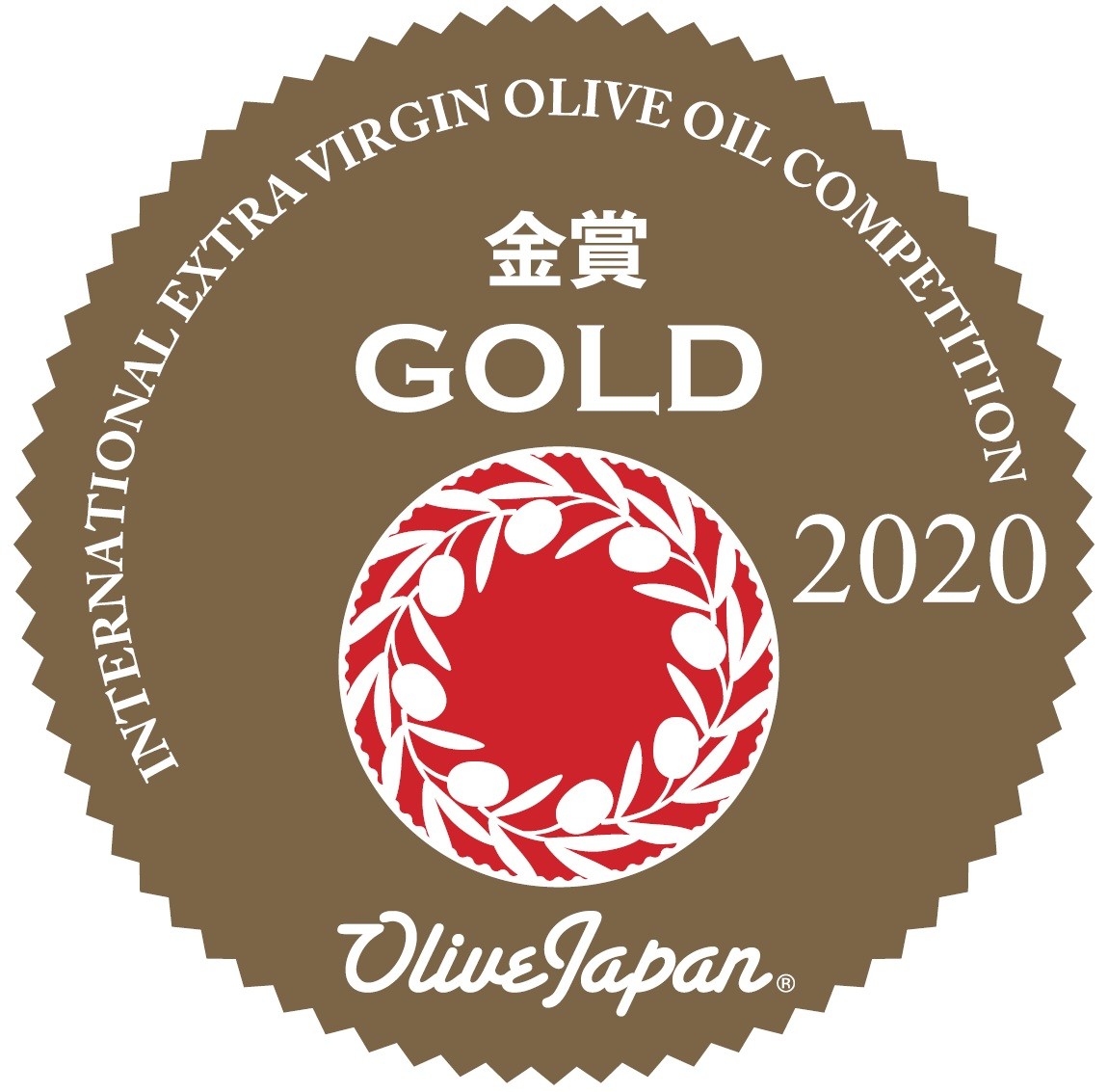
pagos de toral
Awards
HISTORY OF OLIVE OIL

The main producers of olive oil are Spain, Italy and Greece. The olive tree was one of the first plants introduced by the Spanish in America, first in the Antilles and, later, in Mexico, Peru, Argentina and California.
Olive oil and Mediterranean culture Olive oil is one of the maximum symbols of the Mediterranean. For five millennia, the many civilizations that have developed around the Mediterranean have maintained olive oil as one of the constituent elements of their respective cultures.
The origin of the production of olive oil must be sought on the coasts of the Mediterranean Levant. Oil from wild olives began to be extracted from the 5th millennium BC throughout the Syrian-Palestinian region. It was not until the beginning of the 3rd millennium BC that olive trees began to be cultivated systematically in the same area.
In Egypt, where olive cultivation began around 2000 BC, olive oil began to be used for cosmetic purposes.
Olive production did not reach the Greek area until the middle of the 2nd millennium BC through the Mycenaean conquest of Crete (where the production of oil and its ritual use are documented since the ancient Minoan period). In the later Hellenic civilization that developed in the area, olive oil always played an important role.
In the mythical origin of Athens, the olive tree plays a fundamental role, since tradition says that both Athena and Poseidon wanted to have the new city under their protection and for this each God offered a present to the Athenians, preferring these the present of Athena , an olive shoot. During gymnastic competitions, the Greeks annointed themselves with olive oil. At the time of the Greek colonial expansion, around the 7th century BC, the Greeks brought oil production to Italy.
The Phoenicians, the great merchant people of Mediterranean antiquity, brought olive cultivation to the southern coasts of the Iberian Peninsula, present-day Andalusia, around the 11th century BC. Soon this land would become one of the main producing areas of liquid gold. It was the Phoenicians who also introduced olive production in the Maghreb and Sardinia.
With Rome, the consumption of olive oil reaches the confines of the empire, the cloudy borders of Britain and the snowy Danubian plains. The oil trade developed like never before, the coasts of the Eastern Maghreb, Baetica (Andalusia) and the French Mediterranean were the three great centers of oil production during the centuries of the empire.


In Judaism and due to its influence, in the Christian religion, oil has always played a prominent role. The Bible is full of references to oil and the name "christ" means the "anointed one".
In the Greek Orthodox Church, baptism is accompanied by the annointing of the baby with olive oil.
In the Roman Catholic Church, virgin olive oil is also used in baptism, confirmation, and annointing of the sick or extreme annointing. They are the so-called holy oils (oil and chrism), blessed according to their own ritual.
Olive oil is also mentioned in the Koran. In the menorah (candelabra with seven arms) the Jews prefer to use olive oil. Olive oil has been linked to sacredness for millennia.
An olive oil that has origin and quality as its main hallmarks. Born in the land of olive groves par excellence, Jaén, Pagos del Toral breaks into those tables that seek exquisiteness above all. Pure, healthy and with an authentic flavour, that is Pagos del Toral.
Our goal is to obtain an extra virgin olive oil of the best quality; We take care of our cultivation and control the entire process until its elaboration.
"Olive" (scientific name, Olea Europea), evergreen, long-lived tree that reaches up to 15 m in height, with a wide crown and a thick, twisted and often very short trunk. Bark finely fissured, gray or silver. Opposite leaves, 2 to 8 cm long, lanceolate with slightly pointed apex, entire, coriaceous, glabrous and dark gray-green above, paler and densely scaly below, more or less sessile or with a very short petiole. Bisexual or polygamous flowers, in multifloral axillary panicles, with white corolla.
The fruit, the olive , is a succulent and very oily drupe, 1 to 3.5 cm long, ovoid or somewhat globose, green at first, which requires a year to acquire a black-purple color when fully ripe. Flowering period, in the boreal hemisphere, between July and August, its fruiting period between September and October. An oil that is highly appreciated in gastronomy is obtained from this fruit.

FAMILY PAYMENTS

With the accumulated experience of many years cultivating our olive groves for D. José Toral and sons , we have decided to package a small and careful production of the best olive juice selected in one of the most prestigious family estates and make it available to palates. More demanding. M° José Toral Sierra (expert in the production of high-quality olive oils from the University of Jaén) and Félix Ruiz Pérez (olive grower and field technician), we took the initiative to spread the culture of olive oil and try to produce the best oil in the world in memory and thanks to him. Mr. José Toral Fernández.
LOCATION The payments of the Toral family are located in the surroundings of Úbeda, a Spanish city and municipality in the province of Jaén, capital of the region of La Loma de Úbeda, in the autonomous community of Andalusia.
SURROUNDINGS Úbeda is located on an eminence in the famous region of La Loma, facing the Guadalquivir valley, facing the imposing Sierra Mágina, and close to the geographical center of the province. It occupies an area of 402 km2, being at an altitude of 750 m. above sea level.

www.pagosdetoral.com

















